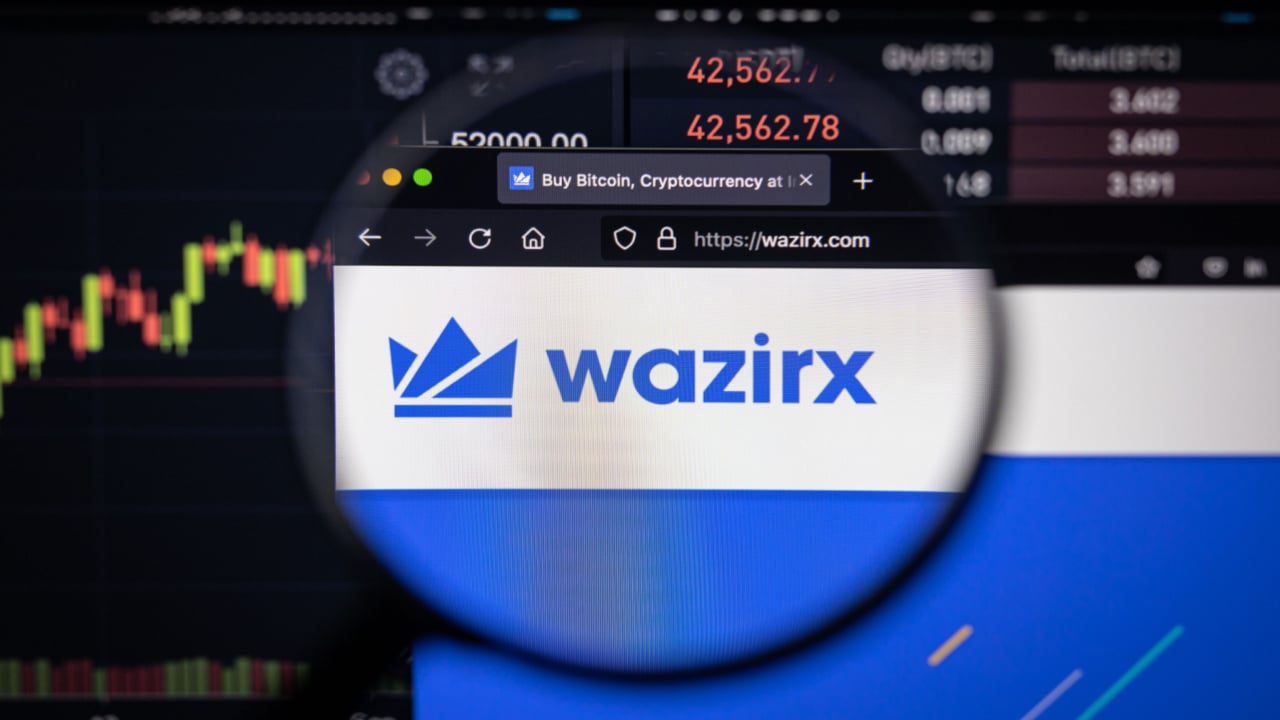Guo Wengui’s $1 Billion H-Coin Scam: Chinese Billionaire Found Guilty
- Guo Wengui, the exiled Chinese billionaire, has been found guilty of a series of deep-seated financial crimes, including racketeering conspiracy and wire fraud.
- His fraudulent activities are centered around a massive $1 billion cryptocurrency scheme, portraying an extravagant lifestyle funded by defrauded investors.
- Following a meticulous two-month trial, Guo now faces the prospect of decades in prison, with the verdict reinforcing the SEC’s stance on illegal securities offerings.
Discover the intricate details of Guo Wengui’s $1 billion crypto fraud scheme and its repercussions on the global investment community.
Guo Wengui’s Arrest and Charges
In March 2023, Guo Wengui, also known as Mile Guo and Ho Wan Kwok, was apprehended by the FBI. The U.S. Securities and Exchange Commission (SEC) charged him with securities, wire, and bank fraud linked to an illicit cryptocurrency venture, H-Coin. Launched in 2020, this venture is accused of defrauding investors through a fraudulent securities offering, misappropriating hundreds of millions of dollars.
The Fraudulent Scheme of H-Coin
The SEC’s allegations against Guo highlight the launch of “H-Coin” as a central component of his deceptive strategy. Prosecutors argued that Guo lured retail investors through social media, promising significant returns. Using his media platform, GTV Media Group Inc., co-founded with former Trump advisor Steve Bannon, Guo allegedly orchestrated multiple frauds over several years. Despite guarantees of financial safety, investors’ funds were allegedly diverted to support Guo’s opulent lifestyle, including luxury vehicles, properties, and extravagant goods.
Extravagant Expenditures and Prosecutor’s Evidence
Throughout the trial, extensive evidence suggested that Guo utilized investor funds for personal luxuries. Damian Williams, a U.S. attorney, asserted that the stolen money financed extravagant purchases such as a $3.5 million Ferrari, a 50,000 square foot mansion, expensive mattresses, and a $37 million yacht. Videos presented during the trial showed Guo pitching investments while flaunting his wealth, a tactic prosecutors stated was used to deceive investors into trusting him.
The Defense’s Argument and Rejection
During the trial, Guo’s defense, led by lawyer Sidhardha Kamaraju, sought to challenge the charges, casting doubt on the validity of witness testimonies and accusing the Chinese Communist Party (CCP) of political interference. The defense maintained that Guo’s wealth demonstration was part of his anti-CCP stance, designed to showcase a potential life free of CCP oppression. However, these arguments fell short as the evidence presented by the prosecution painted a clear picture of systematic fraud.
Jury’s Verdict and Sentencing Implications
Ultimately, the jury found Guo guilty on nine of the twelve charges, including various counts of securities fraud, wire fraud, and money laundering. The verdict marks a significant victory for the SEC’s ongoing efforts to clamp down on fraudulent financial activities. Guo’s sentencing, set for November, is expected to result in a lengthy prison term, symbolizing the severe consequences of financial crimes on such a grand scale.
Conclusion
Guo Wengui’s conviction elucidates the high stakes of fraudulent financial activities and the global implications for investors. The case underscores the need for vigilant regulatory oversight and serves as a stark reminder to investors about the perils of high-return promises. As Guo faces decades of imprisonment, the investment community can glean critical insights into the importance of due diligence and skepticism in a rapidly evolving market.






